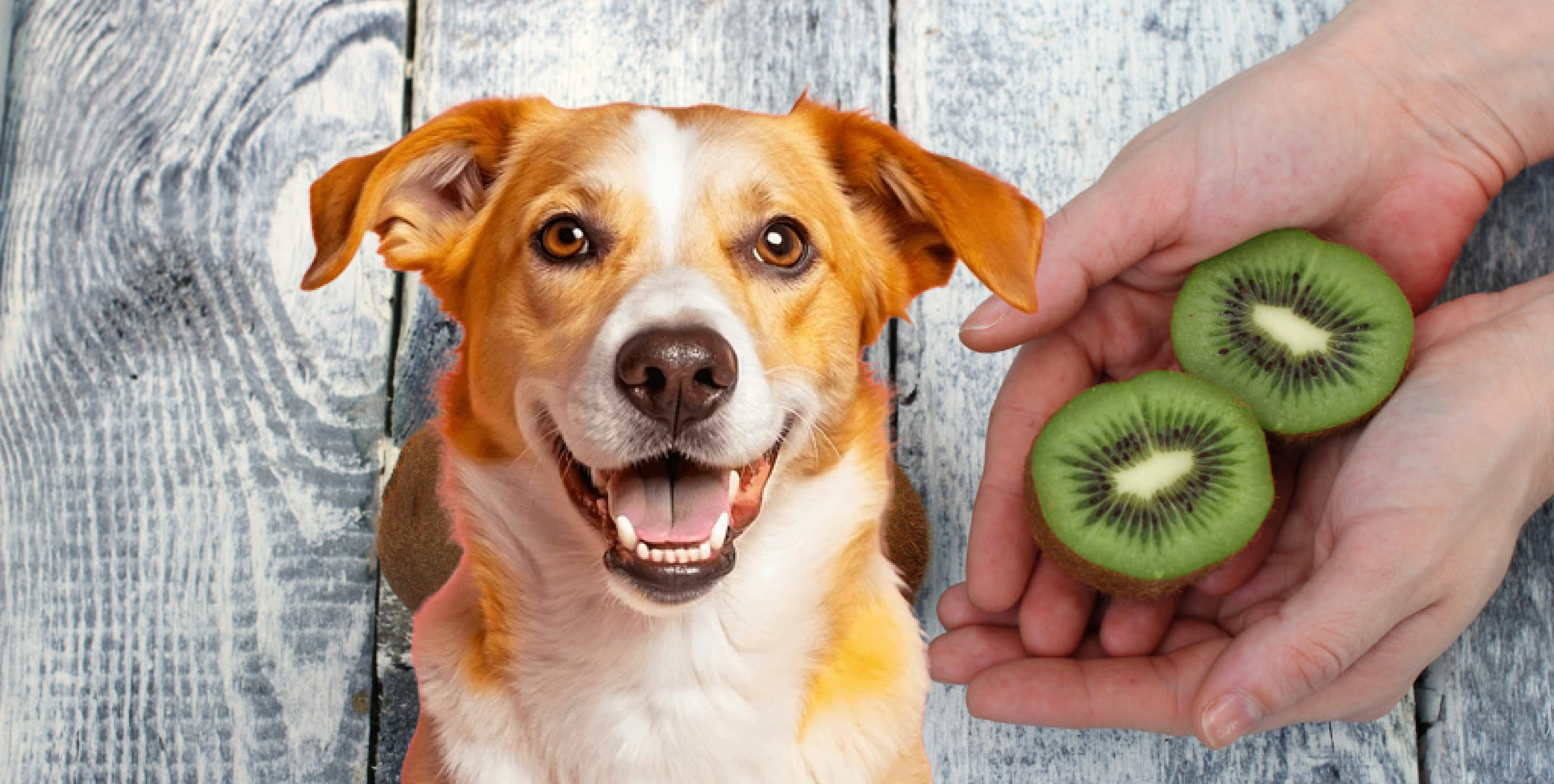Kiwi is a delicious and nutritious fruit enjoyed by many humans, but dog owners often wonder if it's safe for their furry friends. In this article, we’ll explore whether dogs can eat kiwi, its health benefits, and any potential risks associated with feeding this fruit to your dog.
Are Kiwis Safe for Dogs?
Yes, dogs can eat kiwi fruit in moderation. Kiwis are non-toxic to dogs, making them a safe treat when prepared and served correctly. However, as with any new food, it's essential to introduce kiwi gradually and monitor your dog for any adverse reactions.
Health Benefits of Kiwi for Dogs
Kiwis are packed with vitamins, minerals, and antioxidants that can benefit your dog’s health. Here are some of the potential health benefits of feeding kiwi to dogs:
-
High in Vitamins: Kiwis are rich in vitamins C and K. Vitamin C is a powerful antioxidant that supports the immune system, while vitamin K is essential for blood clotting and bone health.
-
Dietary Fiber: The fiber in kiwi can aid digestion and promote regular bowel movements, helping to prevent constipation in dogs.
-
Low in Calories: Kiwis are low in calories, making them a healthy, guilt-free snack for dogs who need to manage their weight.
-
Hydration: Kiwis have a high water content, which can contribute to your dog’s hydration, especially during hot weather.
-
Antioxidants: Kiwis contain antioxidants that can help combat free radicals in the body, promoting overall health and well-being.
Potential Risks of Feeding Kiwi to Dogs
While kiwis can be a healthy treat, there are some potential risks to consider:
-
Allergic Reactions: Some dogs may be allergic to kiwi. When introducing this fruit, start with a small amount and monitor your dog for signs of an allergic reaction, such as itching, swelling, or gastrointestinal distress.
-
Digestive Upset: Kiwi contains a natural enzyme called actinidain, which can aid digestion but may also cause stomach upset in some dogs, particularly if they consume too much.
-
Choking Hazard: The skin of the kiwi can be tough for dogs to chew, so it’s essential to remove the skin before serving. Additionally, cut the fruit into small, manageable pieces to prevent choking.
-
Sugar Content: While kiwi is relatively low in sugar compared to other fruits, it still contains natural sugars. Moderation is crucial to prevent weight gain or blood sugar spikes in dogs, especially those with diabetes.
How to Serve Kiwi to Your Dog
Here are some tips on how to safely introduce kiwi into your dog’s diet:
-
Remove the Skin: Always peel the kiwi to avoid potential choking hazards and make it easier for your dog to digest.
-
Cut into Small Pieces: Slice the kiwi into small, bite-sized pieces to prevent choking and make it easier for your dog to eat.
-
Moderation is Key: Introduce kiwi gradually into your dog's diet and limit the amount to prevent digestive issues. A few small pieces a couple of times a week should suffice.
-
Mix with Other Foods: You can mix small pieces of kiwi into your dog’s regular food or serve it as part of a homemade dog treat recipe.
Conclusion
Kiwis can be a nutritious and enjoyable snack for dogs when fed in moderation. Packed with vitamins, fiber, and antioxidants, this fruit can contribute to your dog’s overall health. However, it’s essential to prepare kiwi correctly and monitor for any adverse reactions when introducing it into your dog's diet.
Takeaway Tips
- Always peel kiwi and cut it into small pieces before serving to prevent choking hazards.
- Monitor your dog for any signs of allergies or digestive upset when introducing new foods.
- Serve kiwi in moderation as part of a balanced diet.


